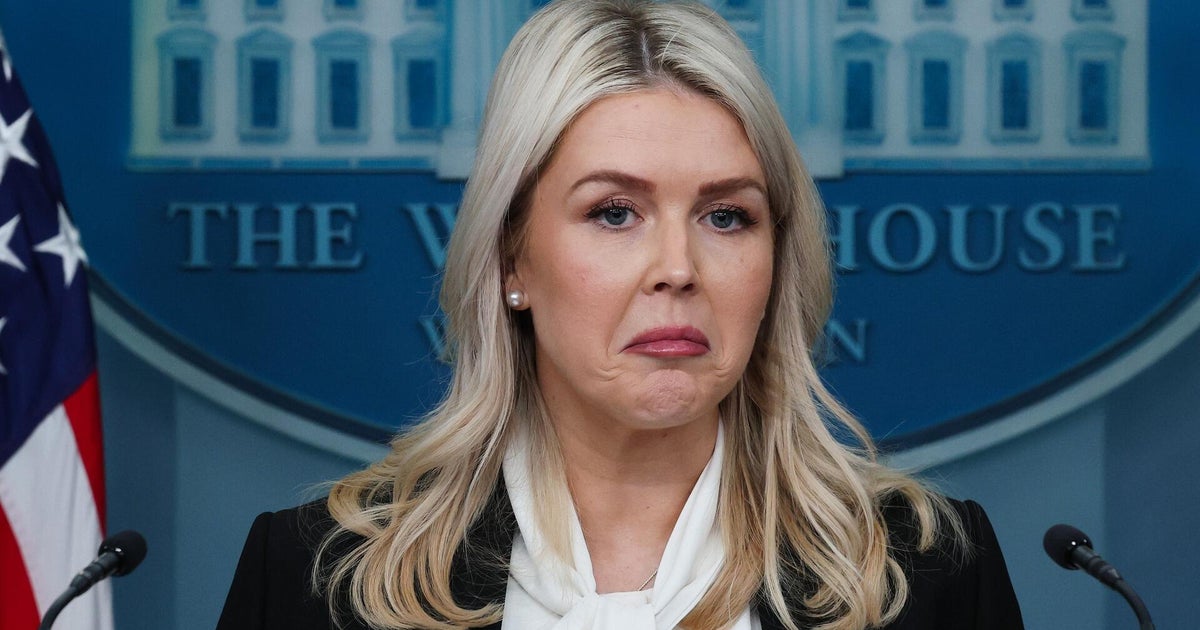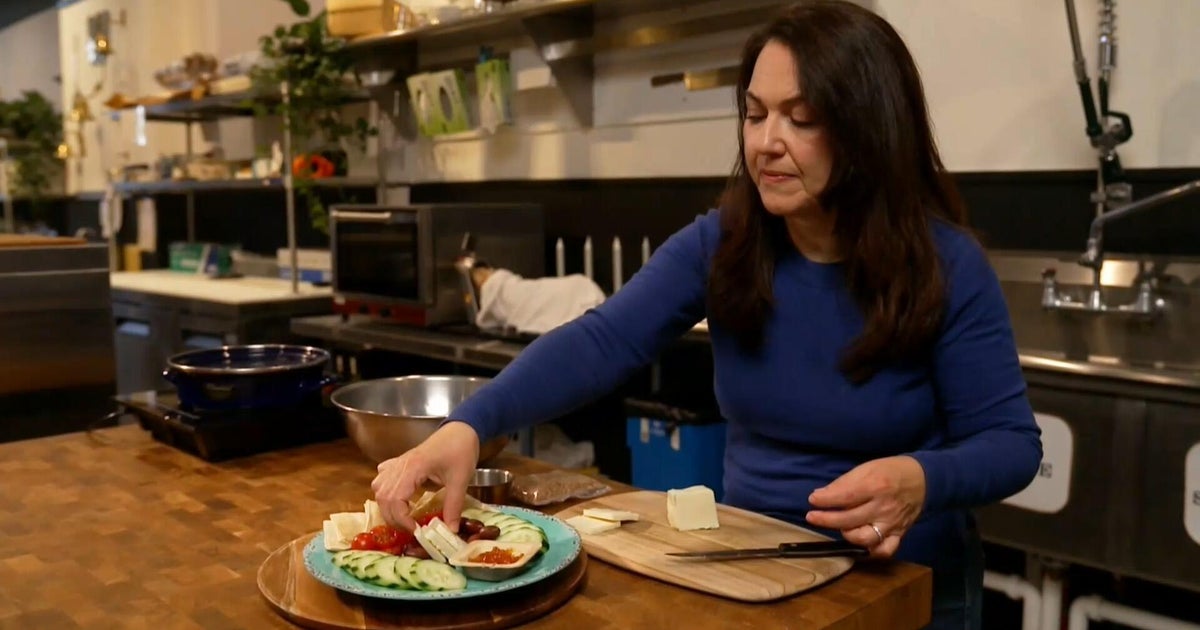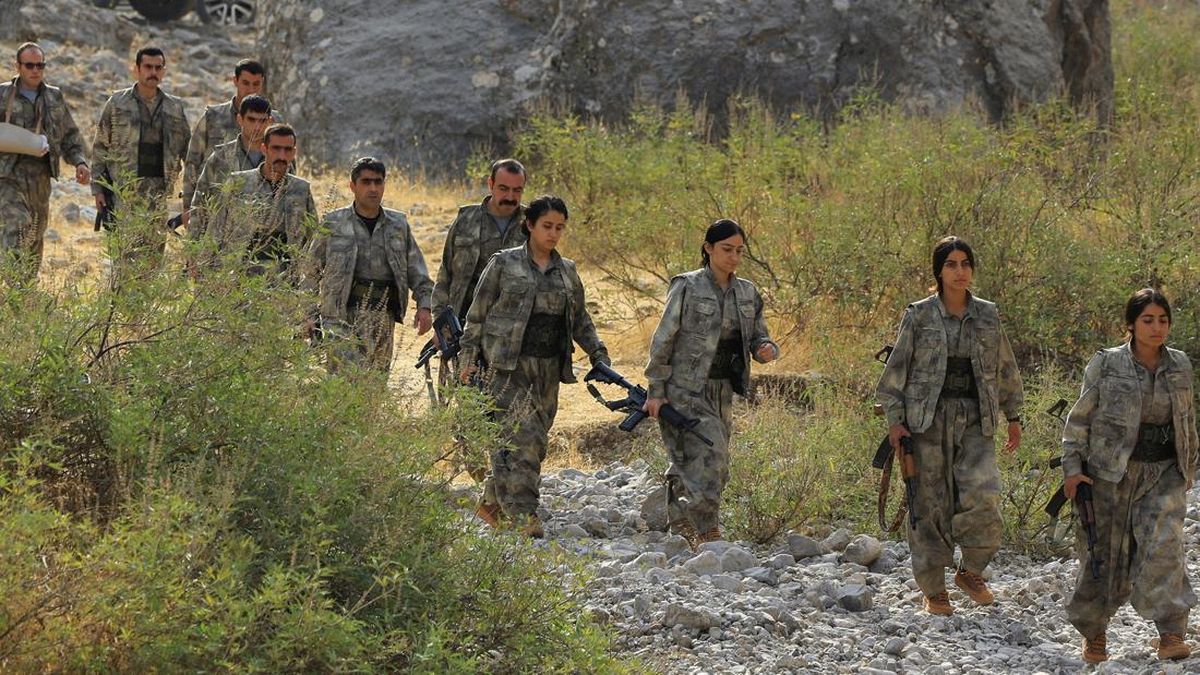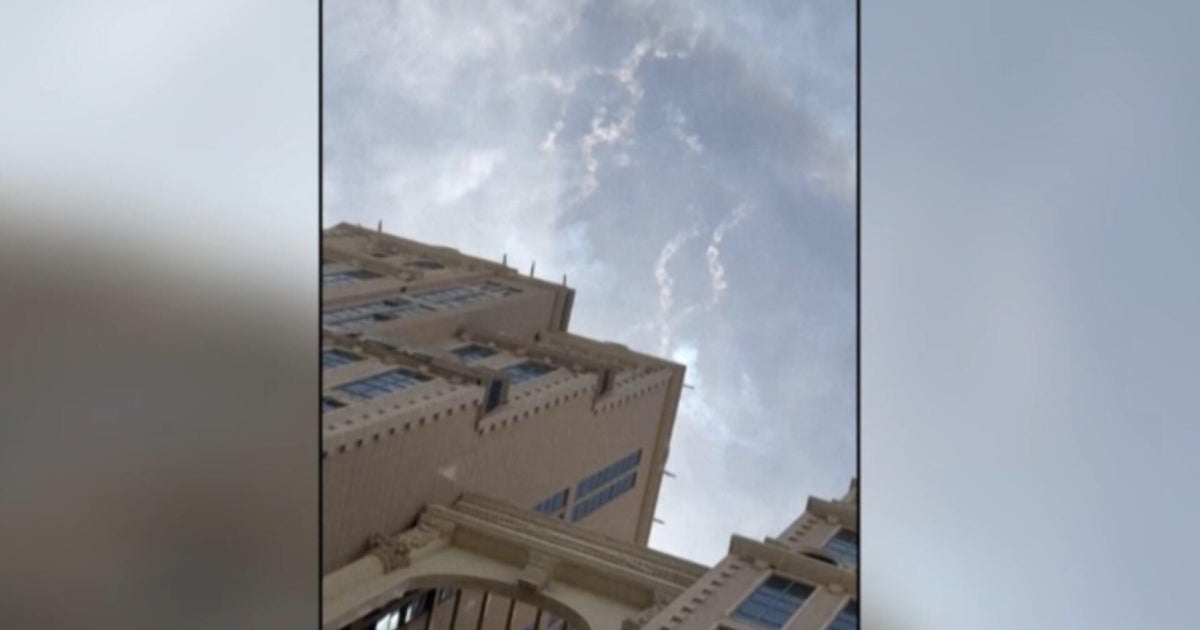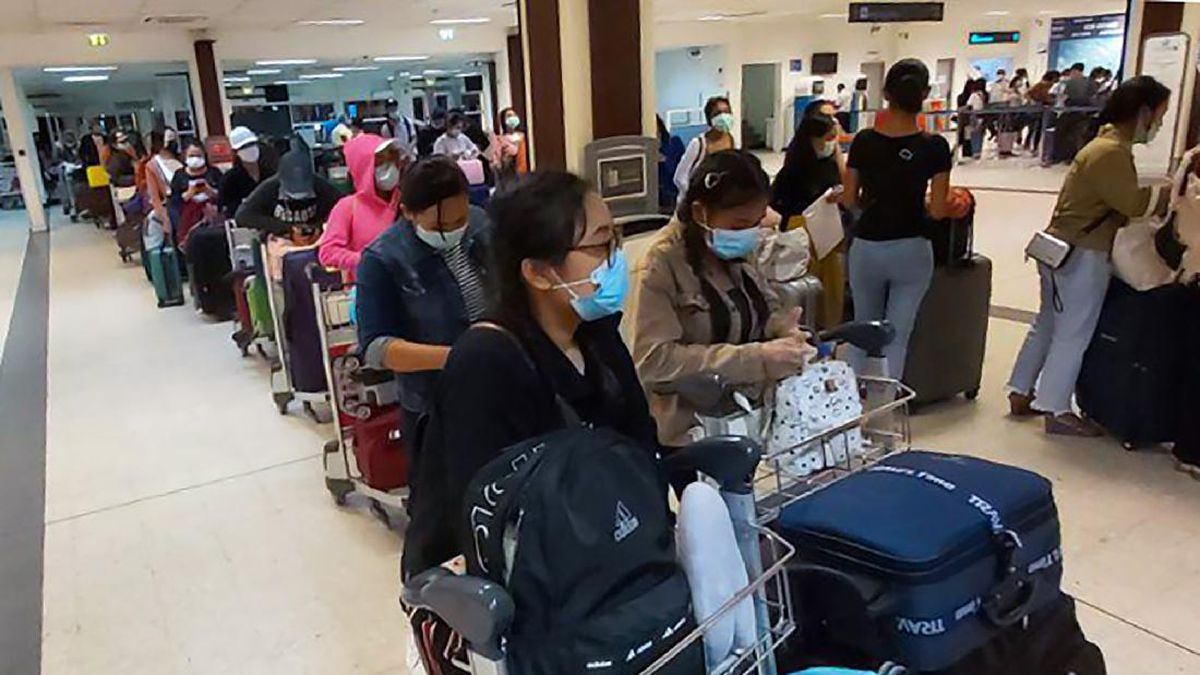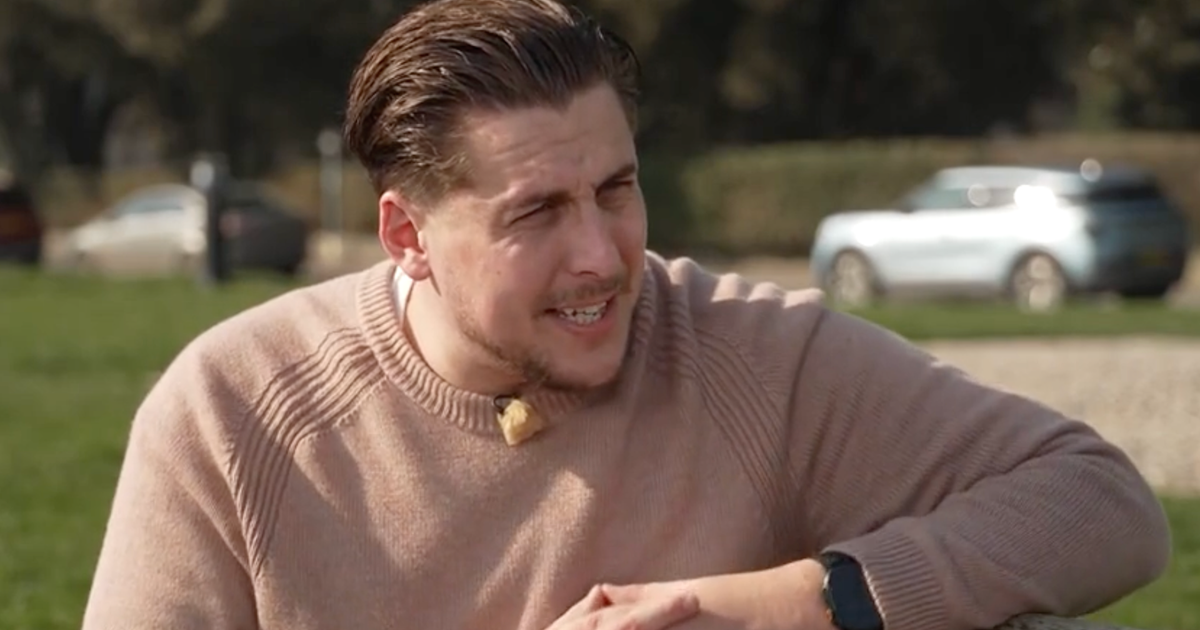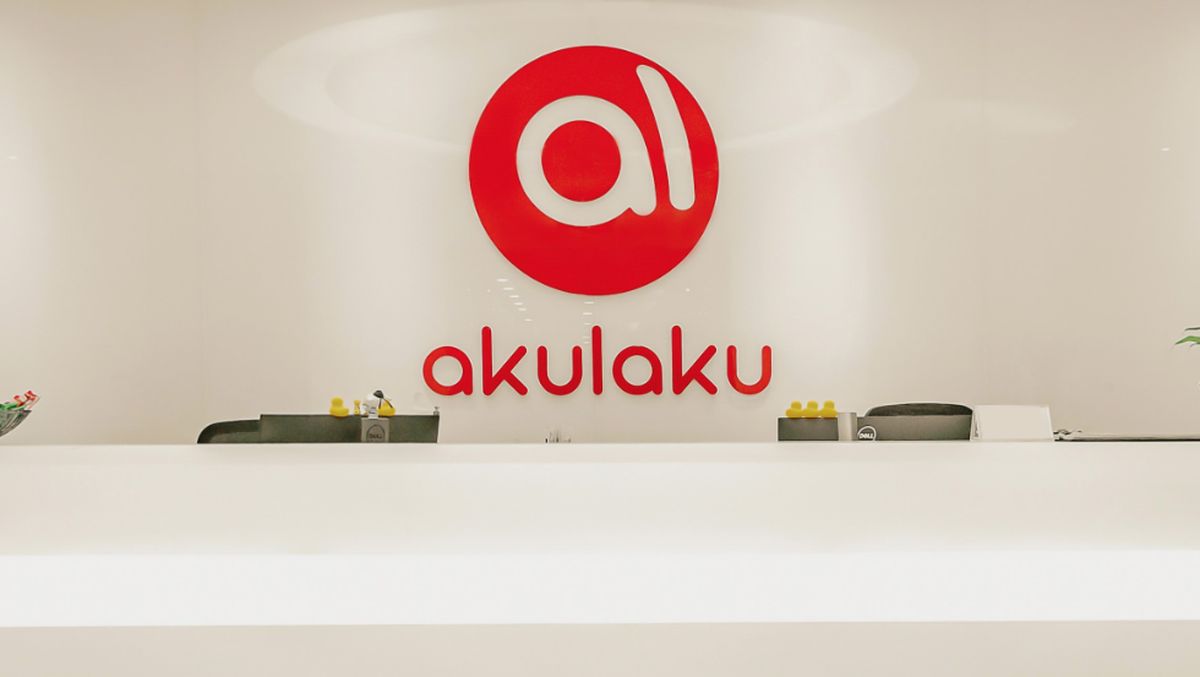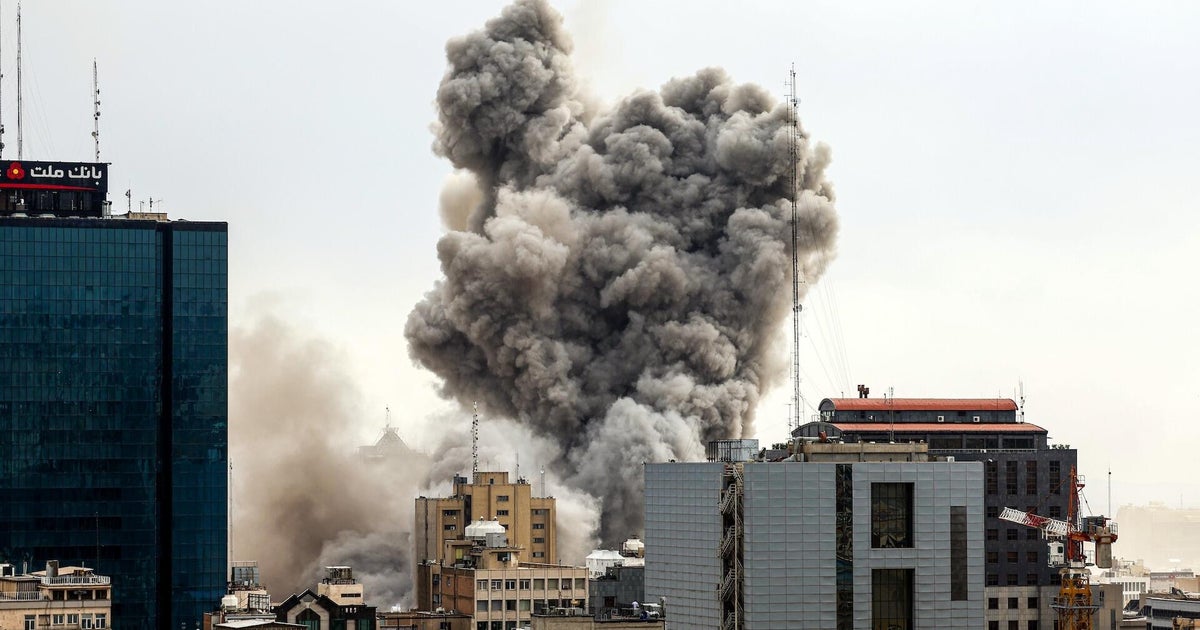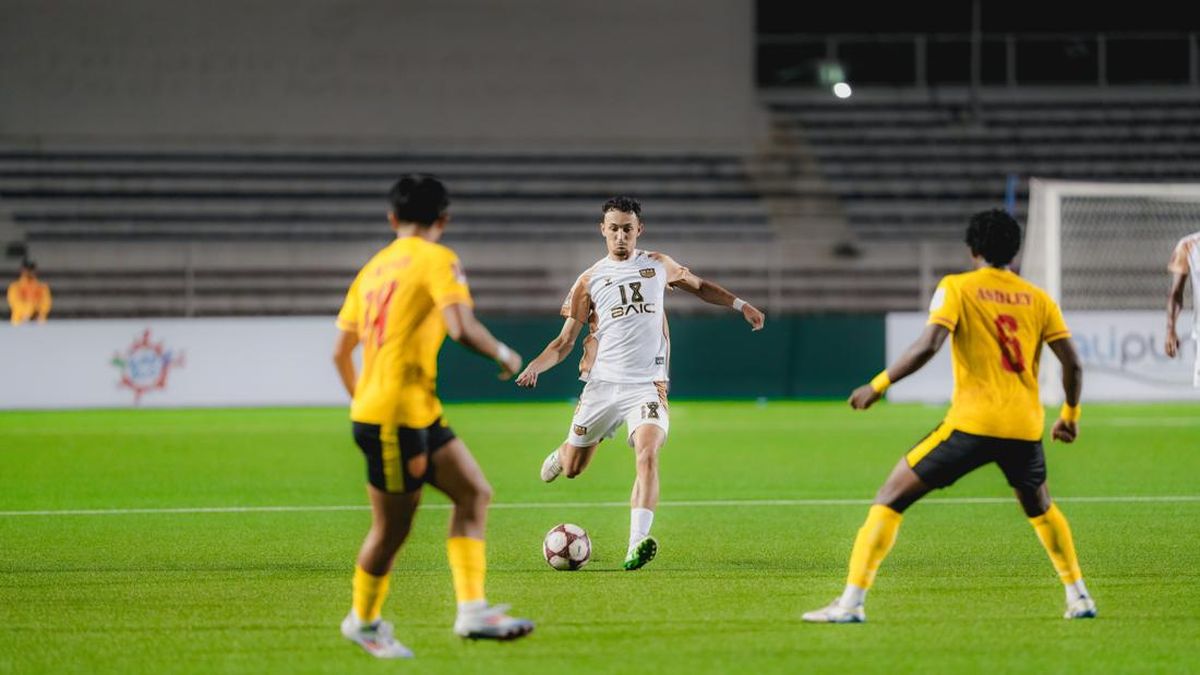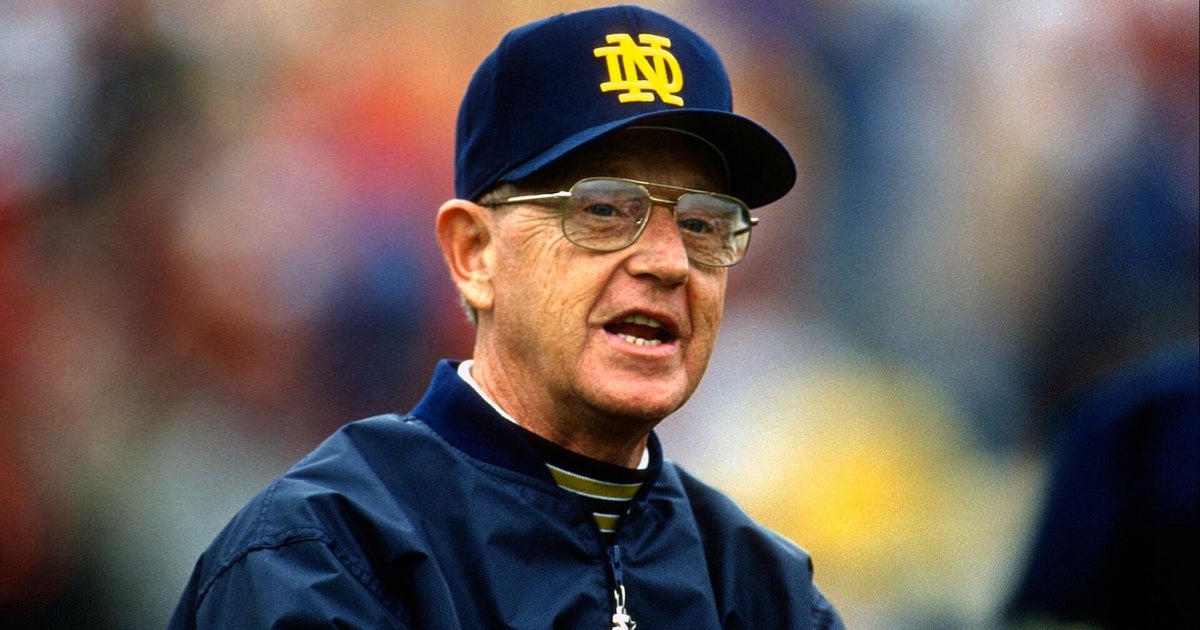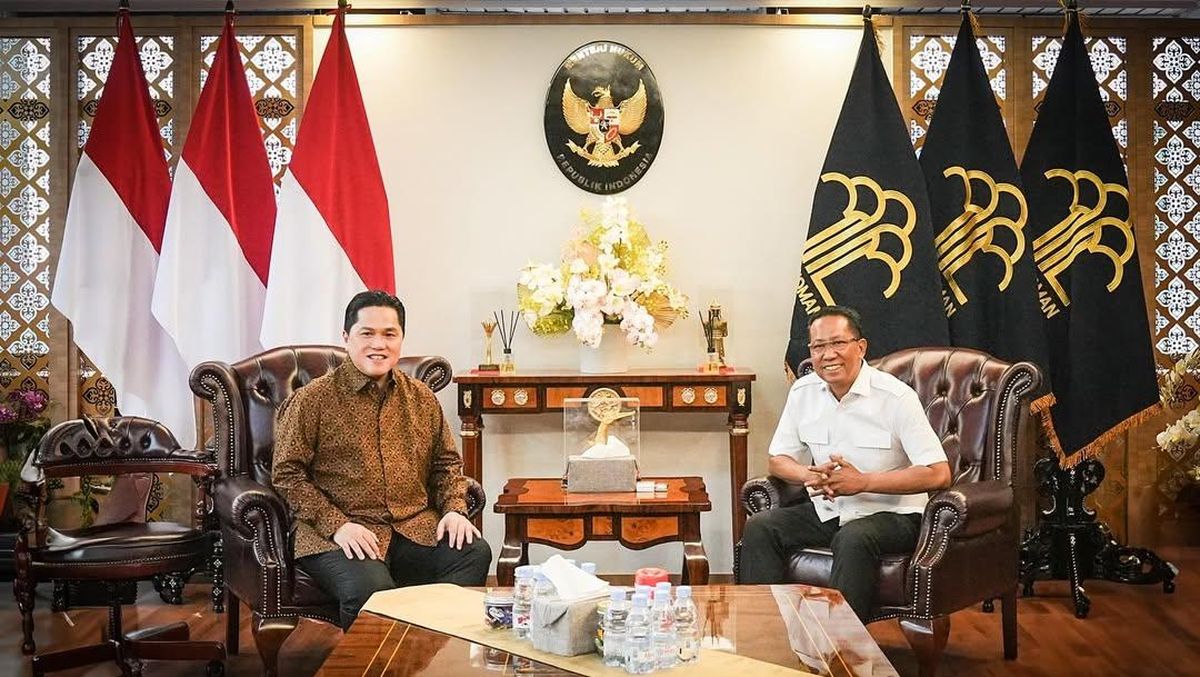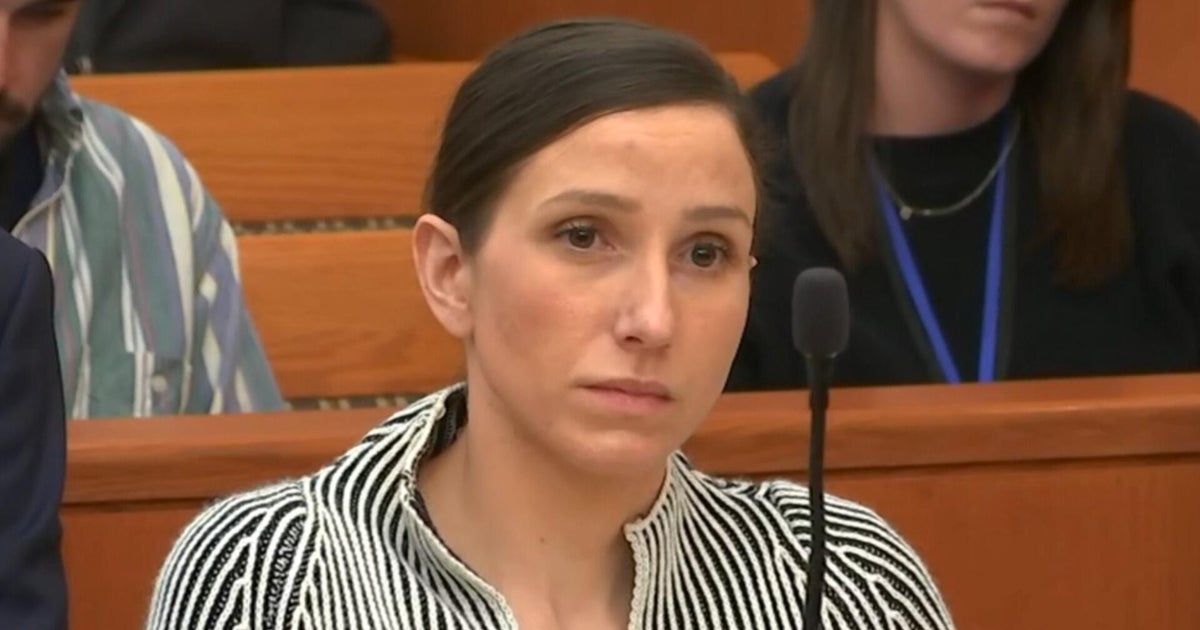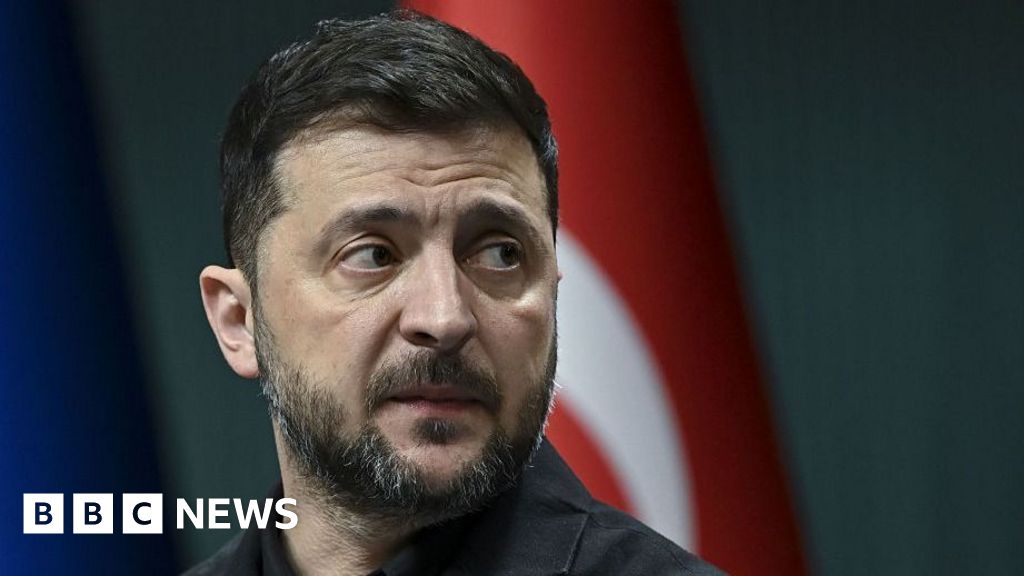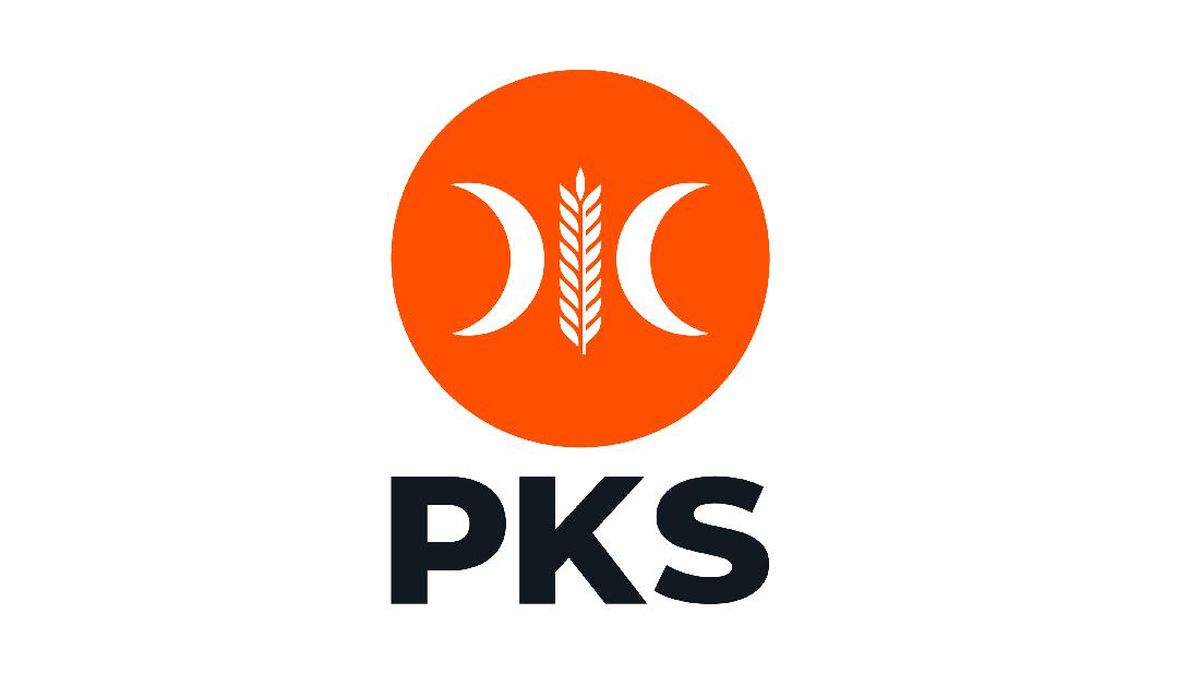When Ruby fell pregnant for a third time, she decided to have a freebirth, without the support of clinical staff.
“I just didn’t want to go into birth to fight anyone because I wasn’t very good at fighting [the first] time,” she says.
“I just felt that I would be emotionally safest to birth with my close friend, my partner and my children, and that’s how it went.”
Focus on freebirths
Freebirths refer to births that take place outside the hospital or medical system, usually at home, with no medical professional present.
While some women choose to birth alone or with their partner, others are supported by a doula or “birth keeper” – practitioners who are not legally recognised and not usually medically trained.
While not a new practice, freebirthing has been the subject of renewed scrutiny following the death in September of 30-year-old influencer Stacey Warnecke, who suffered a serious haemorrhage during a freebirth.

Stacey Warnecke died in September after giving birth at home.Credit: Instagram
The Royal Australian and New Zealand College of Obstetricians and Gynaecologists and the Australian College of Midwives issued a joint statement this month calling for tougher legislation to punish doulas who provide clinical tasks during homebirths, and expressly restrict labour and birth management to “appropriately trained, registered practitioners”.
Maternity advocates said such legislation would restrict women’s choice and autonomy, and drive those with a mistrust of birthing systems further away from medical support.
Queensland Health Minister Tim Nicholls said he was concerned by reports of harm and death during freebirths without doctors or midwives in attendance, but did not explicitly say whether tougher legislation would be considered.
Loading
“Here in Queensland, we make it quite clear that we support only specialist obstetricians, GP obstetricians and midwives as being qualified and appropriately trained to independently manage labour and birth,” Nicholls says.
“When things go wrong outside a hospital, the first thing that happens is the Queensland Ambulance Service is called and the patient is rushed to hospital. A hospital remains the safest place for a woman to be if a birth goes wrong.”
But other mothers and advocates, including Ruby, say discussion of changing laws distracts from why many women choose to birth outside the system in the first place.
“These laws just feel dangerous. They feel like they’re trying to control women instead of [addressing] other things that we know would improve outcomes,” Ruby says.
Why women choose to birth outside the system
Dr Melanie Jackson did her PhD on why women turn their backs on the hospital system.
The private homebirth midwife and host of The Great Birth Rebellion podcast found many freebirthed because of inadequate maternity care options, or because they believed it was the safest path.
“Freebirth is a symptom of a maternity care system that hasn’t been able to meet women’s needs,” Jackson says.
“And so women have taken responsibility for their own care and their own needs by making this radical decision to freebirth.”
Some of those needs stem from a lack of choice, high rates of intervention in hospitals, and previous birth trauma or obstetric violence.
Maternity Consumer Network founder Alecia Staines says statistics show one in three women experience birth trauma, mostly through the hospital system.
She said a recent survey of Queensland women uncovered “abhorrent” experiences, from labouring mothers who had been vaginally examined without consent, to others who had been disrespected by health professionals.
“It’s all well and good [for peak medical groups] to be pointing the finger [at unregulated workers and freebirthers], but this wouldn’t have flourished if they had their own backyard sorted,” Staines says.
Birth trauma and obstetric violence:
Birth trauma can refer to physical or psychological injury or damage that occurs through birth.
Obstetric violence is abuse or mistreatment of women during pregnancy, labour or post-birth, and covers a range of actions, such as invasive treatments, non-consensual examinations, verbal humiliation and physical violence.
Jackson says her research concluded birthing outside the system “is a medically induced issue that wouldn’t exist if the maternity system was truly meeting the needs of women”.
Staines agrees. “You don’t get radicalism when you’ve got everything else sorted.”
Birthing from home
Like Ruby, Philippa Scott chose to freebirth after two traumatic medically supported births.
“I had my first baby in a private hospital with an obstetrician. It ended in a caesarean section I didn’t need,” Scott says. “I then went to a public hospital and had a vaginal birth after caesarean, but I was still the recipient of obstetric violence and coercion.”

Philippa Scott is the co-ordinator of Homebirth Australia and treasurer of Homebirth Queensland. She is a strong advocate for women’s choice and autonomy.
There were no homebirth midwives available for baby number three, so Scott decided to freebirth. Her fourth was also born at home, but with a male midwife in attendance.
Jackson says many of the women she interviewed wanted to homebirth with a midwife or use a publicly funded program but couldn’t access services.
Private homebirth midwives can cost up to $7000. In the 10 years since her research was published, publicly funded homebirth programs across the country have grown from 16 to about 20.
Loading
There is only one, introduced in July last year and based out of Sunshine Coast Hospital, across all of Queensland.
Scott, now the co-ordinator of Homebirth Australia, lives in Noosa Hinterland, not far from the Sunshine Coast homebirth program.
She’s supportive of the initiative, which assisted more than 40 women to homebirth in its first year. But she says she’s heard from women who weren’t accepted or were removed during pregnancy due to strict eligibility criteria.
“Women are freebirthing because they’ve planned for a homebirth all the way along and then all of a sudden, they’ve been told they’re no longer eligible – and not for reasons that are evidence-based,” Scott says.
Queensland’s Chief Midwife Officer, Liz Wilkes, says she’s seen a rise in demand for homebirthing services, particularly on the back of COVID. While other hospital services have expressed interest in the homebirth program, she says expanding to other regions will take time.
“We can’t really increase access without having the workforce to do that,” Wilkes says.
“My biggest priority at the moment is getting the right qualified people with the right skills in the right place … so that all Queensland women can access quality maternity care.”
Choice, access and autonomy
Some women are philosophically aligned with freebirth and ideologically opposed to medical intervention. But all the mothers and practitioners who spoke to this masthead said respecting women’s birthing choices and autonomy, and improving mainstream maternity care, were priorities.
“The woman has to be the person who’s got bodily autonomy and is able to make choices about their care,” Wilkes says.

Despite understanding the risks associated with birth, many women prefer a homebirth or freebirth.Credit: Olivia Ruby
Scott notes those choices are based on access. “There is definitely a ‘why’ [behind people birthing outside medical systems], and if we centre the conversation around that, rather than blame, what is the solution, and what are women asking for?”
Ruby is unsure if she would freebirth if she fell pregnant again but says despite recent tragedies, she hopes people can take a more compassionate view of the choices women make.
“Most women have fears themselves about whether [freebirth] is the right decision to make. That definitely went through my mind many a time,” she says.
“I think pretty much every mother wants their baby to be born well and healthy, and to have all the medical care that they need … but you can’t decide for someone else what they want to do.”
Start the day with a summary of the day’s most important and interesting stories, analysis and insights. Sign up for our Morning Edition newsletter.




